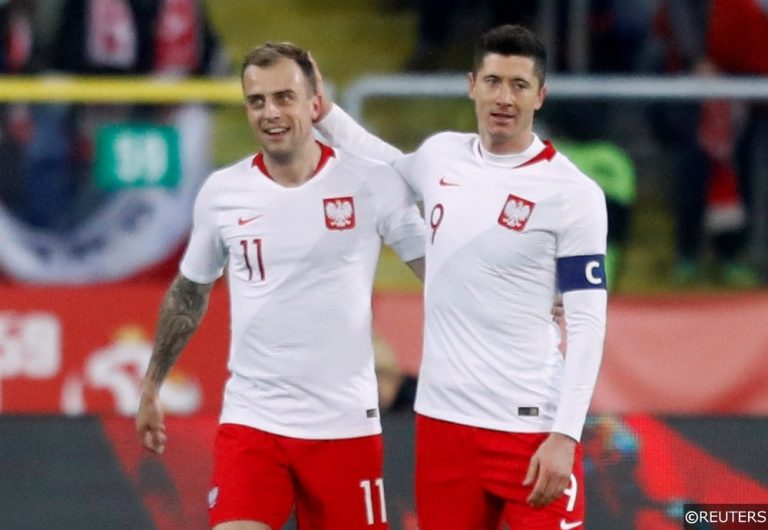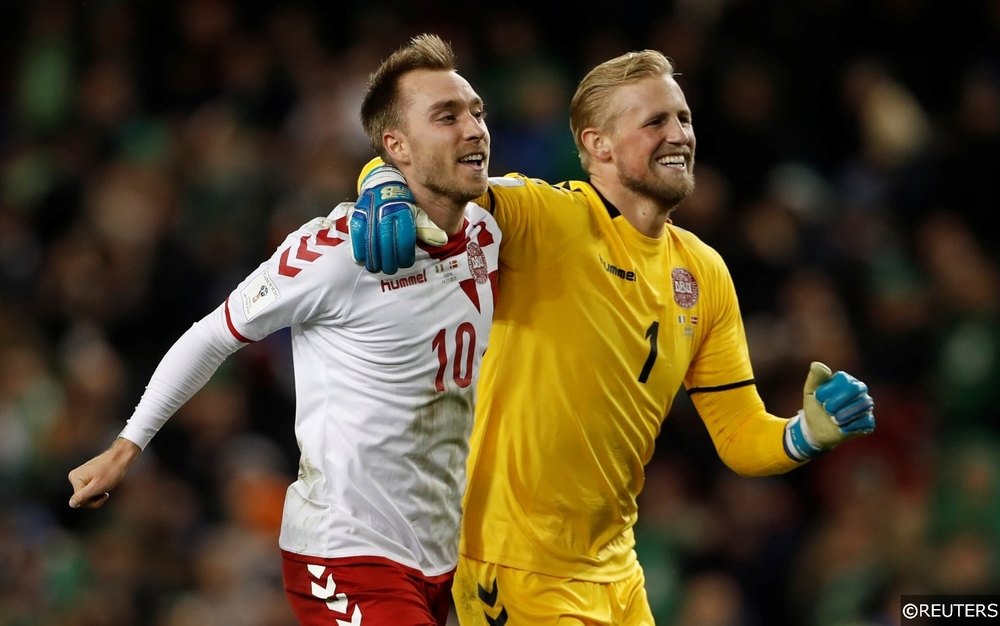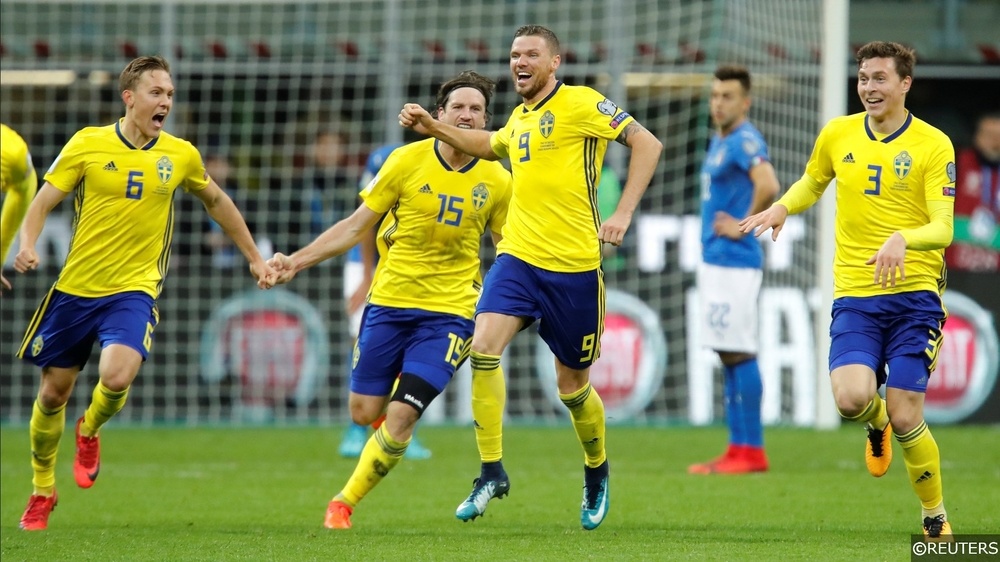World Cup 2018: Who are the Managers behind the Smaller Euro Nations - Part Two?

All 32 nations in this year’s World Cup will be harboring hopes of upsetting the odds and claiming the World Cup trophy come the end of the tournament, but who are the men who are tasked with bringing this home for their country? We have already looked at the squads of these nations, with part one here and part two here, as well as the managers of Russia, Croatia, Iceland and Switzerland here, but what about the managers of the rest of Europe’s smaller nations?
If you want to read more about the men making all the vital decisions, we have done a comprehensive review of them here.
Poland
Manager: Adam Nawałka
Appointed: 26 October 2013
Win Ratio: 53.19%
In his playing career Nawałka’s won two youth national championships (in 1975 and in 1976) and Polish league in 1978 but his career was plagued by recurrent injures that forced him to leave Poland at 29 in 1985 in order to start his adventure in the USA with the Polish-American Eagles. At the 1978 World Cup, the then 20-years-old midfielder won plenty of admirers and he was considered one of the best young talents of the tournament due to his dynamism and personality. Almost forty years later Nawałka would lead Poland to Russia in the 2018 World Cup.
His playing career may not have hit the heights he might have wished, but Nawałka would not remain out of the game. Despite only starting his managerial career five years prior, Nawalka was able to show his calibre as he led his home town club and the side he had represented so faithfully in his playing career, Wisła Kraków, to the Ekstraklasa title. This success did not go unnoticed and a spell as the assistant manager to Leo Beenhakker Polish national side between 2007 to 2008 was enough to ensure he was well thought of in the halls of the Polish FA. That spell no doubt played a huge role in his future as on 26 October 2013, the Polish FA announced that Nawałka would replace Waldemar Fornalik as the new manager of the Polish national team.
Denmark:

Manager: Åge Hareide
Appointed: 10 December 2015
Win Ratio: 54.17%
A name which will already be known to fans of many Manchester City and Norwich City fans, Åge Hareide is another manager who has come into the profession after a long and successful playing career. born 23 September 1953 in Hareid, Norway, Hareide started his playing career with Norwegian side Hødd, making 37 appearances in a 5 year spell. Following a spell a Molde, he got a move to England but his four year spell in the country yielded little, with the defender moving back to his home country in 1984.
As a manager, however, Hareide has proven to be much more successful. He is one of only a handful of coaches to win league titles in three different countries and he holds the honour of being the only man to do it in all three Scandinavian countries. The success in Norway was enough for him to be appointed manager of the Norwegian national football team at the end of 2003, but after he failed to take Norway to any international tournaments, and having had a bad start to the 2010 FIFA World Cup qualifying campaign, Hareide resigned from his position. A return to club football followed and with Hareide seemingly re-found his mojo, Denmark decided the time was right for him to take the helm.
Sweden:

Manager: Janne Andersson
Appointed: 23 June 2016
Win Ratio: 47.62%
Born in Halmstad, Sweden, Andersson spent his entire playing career in his home country and never achieved much in terms of silverware. Although his playing career did little to make the headlines, his leadership skills must have been fairly obvious as he was appointed as player manager of Alets IK at just 26-years-old. Two assistant manager spells at Halmstads BK sandwiched a five year stint at Laholms FK but in 2004 he finally got appointed as the manager at Halmstads BK. His time at the club wasn’t exactly smooth going as under his tenure-ship Halmstads BK and in his final season at the club he finished just three points above the relegation play-off places.
A short spell at Örgryte IS followed in 2010, but it was at IFK Norrköping where he really rebuilt his reputation. IFK Norrköping were 12 time champions of the Allsvenskan, but they have not held the title since back in 1992. However, that all changed with Andersson’s appointment and in 2015 he became a local hero by helping IFK upset the odds by defeating former champions Malmö FF away in the last game. With Andersson the man of the moment, in 2016 he accepted the role as Sweden boss and after defeating Italy in the World Cup Qualification Play-Offs, he will lead a Sweden side at their first World Cup in 12 years.
Serbia
Manager: Mladen Krstajić
Appointed: 30 October 2017
Win Ratio: 57.14%
Born in Zenica, which at the time was part of SR Bosnia and Herzegovina, Mladen Krstajić grew up playing in the youth squads of NK Čelik Zenica. Due to the Bosnian War, he and his family moved to Serbia but his talents as a footballer were not ignored as he started playing for Senta. Although there was a spell at OFK Kikinda, three national titles at Partizan showed just what sort of calibre he had. His talent was so good that he soon attracted the attentions of the Bundesliga. A move to SV Werder Bremen saw him win the German championship and the cup in 2004. He moved to FC Schalke 04, where he was named the new captain in 2009, a move which highlighted the leadership qualities which would come to serve him well in the coming years. He ended his playing career back at Partizan and played his last professional match on 21 May 2011.
It was not only at club level where Krstajić proved himself as he was capped 59 times for his country and was the leader of the “Famous Four” defence, which conceded just one goal during the qualifying for the 2006 FIFA World Cup. Krstajić was brought into the international set up on the coaching side in 2016, where he was assistant manager to Slavoljub Muslin. In October 2017, Krstajić succeeded Muslin as a caretaker, despite Muslin leading the Serbs to their first World Cup in 8 years. In December, it was announced he would take on the role permanently and at least until the end of the 2018 FIFA World Cup.
Follow Free Super Tips on Twitter to stay up to date with our daily tips and predictions or browse more football content on our website:


